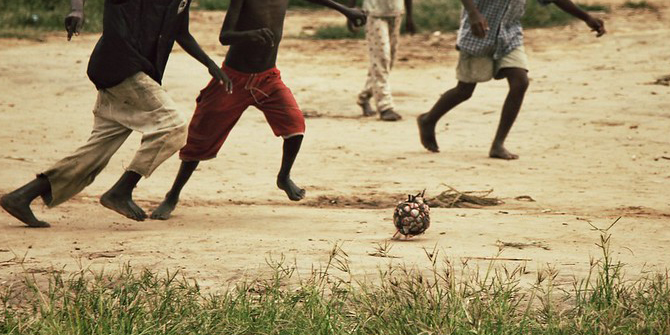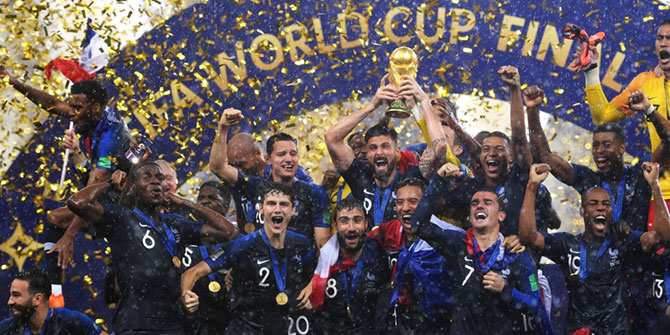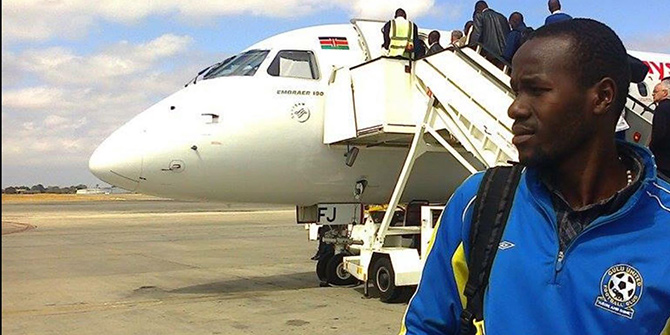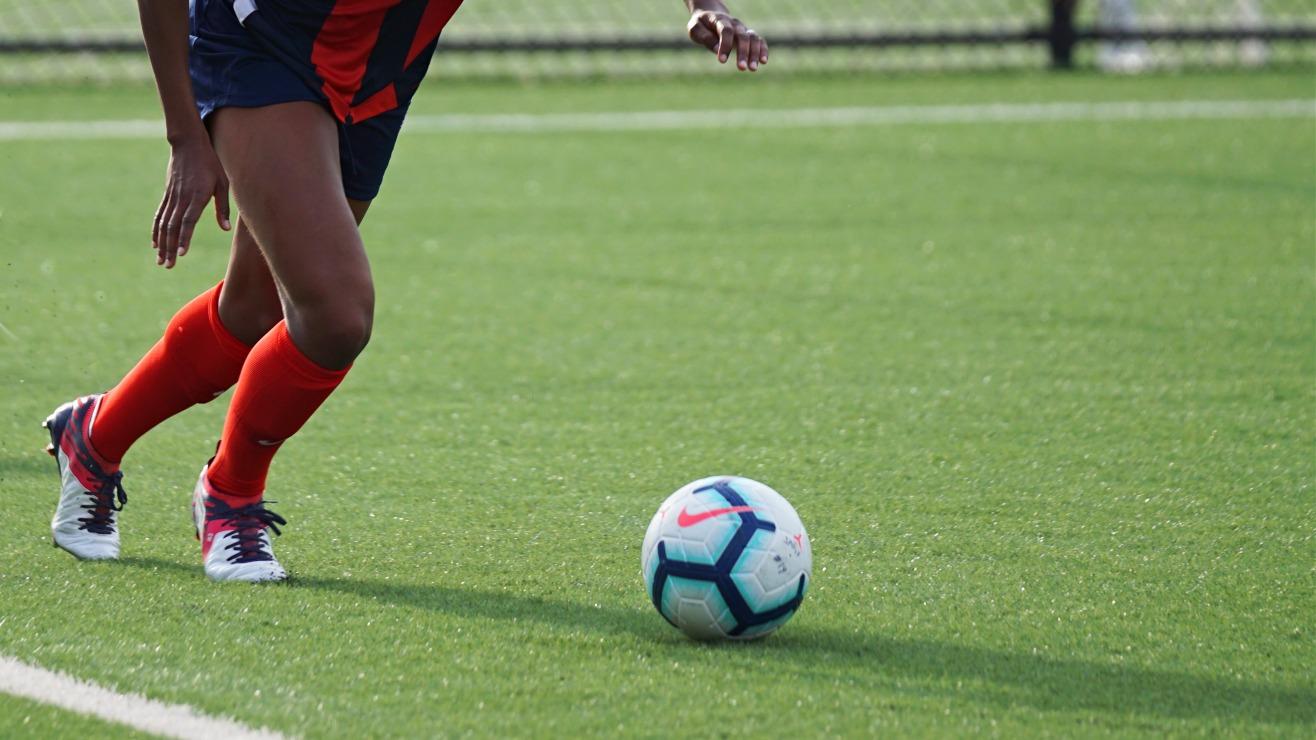In South Sudan, traditional community support structures are changing and the support they once gave to people is being eroded. But Sean McGovern has found that football supporters clubs are stepping up to fill the hole.
During a recent visit to South Sudan, I had the opportunity to speak with a Nuer elder. He reflected on the changing aspects of community groups in South Sudan, and how support and protection networks had changed over the course of his lifetime.
In the past, he said, the concept of community had been focused primarily around the family. These support structures kept individuals safe and provided mutual aid amongst the group. For instance, a woman’s brothers-in-law safeguarded their rights and offered protection. The word for ‘brother-in-law’ in Nuer can be translated as ‘day husbands’; a signifier of the importance of their role in a family-based support network and accountability system.
Many of the older generation I spoke to blamed international NGOs for introducing ‘Western’ values which encouraged women to settle disputes through the courts and divorce for creating a new sense of uncertainty and precariousness around the family unit.
It is, however, difficult to separate issues of misogyny/sexism or nostalgia in the face of social change from these claims, especially at a time of rapid urbanisation and political upheaval in the country. This rapid urbanisation within the young nation, particularly to the capital of Juba, follows decades of war, intercommunal violence, and natural disasters creating economic and political instability in a country that only became independent in 2011.
The football family
Although the perceived power of traditional community structures may be diminishing, modern support networks are emerging to fill the void, particularly among the urban young of the country. During my time in Juba, South Sudan’s capital, during an interview, I had the pleasure of meeting a passionate South Sudanese supporter of Liverpool Football Club; an unexpected pleasure for me having been a Liverpool fan all my life. Through our conversations, I was shown his online community of over 250 football fans. It was not a group to simply to talk or gossip about match statistics, transfer rumours or players’ performances, which you may see in many western football supporters’ groups. Instead, through a love of one particular club, South Sudanese from a myriad of backgrounds, genders, ethnic groups, families and occupations have been brought together into a modern form of community.
Since the group’s formation in 2019, its members have organised food drives, pooled money for charity events, and arranged lifts for members that needed to go to hospitals. An annual large charity event raised money and collected food for several Juba-based orphanages and in 2020, supplies such as PPE and food were collected and distributed amongst vulnerable groups during the height of the Covid-19 pandemic. One event where photos were shared on the group chat showed boxes of donated food, piles of maize flour ready to be gifted, bundles of clothes being distributed to orphans by red-jersey clad group members as well as a charity football match being organised for the children followed by a large meal for all attendees.
This group is in constant contact with each other via WhatsApp, organising meetups and relaying local news and events, particularly in the metropolitan Juba; though members can be found throughout the wider country. It gives the impression of a large family unit with members supporting each other, and the team, both online and in person. Members typically signify their support for one another and the football club itself by using the famous Liverpool phrase “you’ll never walk alone”, a fitting expression for this close-knit community.
Many such groups have emerged in recent years, focused on different teams and in different locations. They are particularly prevalent in the growing metropolitan and modern centres. The Liverpool FC fan group is not the only football-themed group with other Premier League clubs being equally represented as well as other ‘western’ sports groups such as American basketball teams. The kind of safety and support previously provided by families is now visible through communication and aid delivered between members of the local Liverpool supporters’ group. Football is providing a modern alternative to the support structures of the past.
Photo credit: cchana liscenced under Attribution 2.0 Generic (CC BY 2.0)





